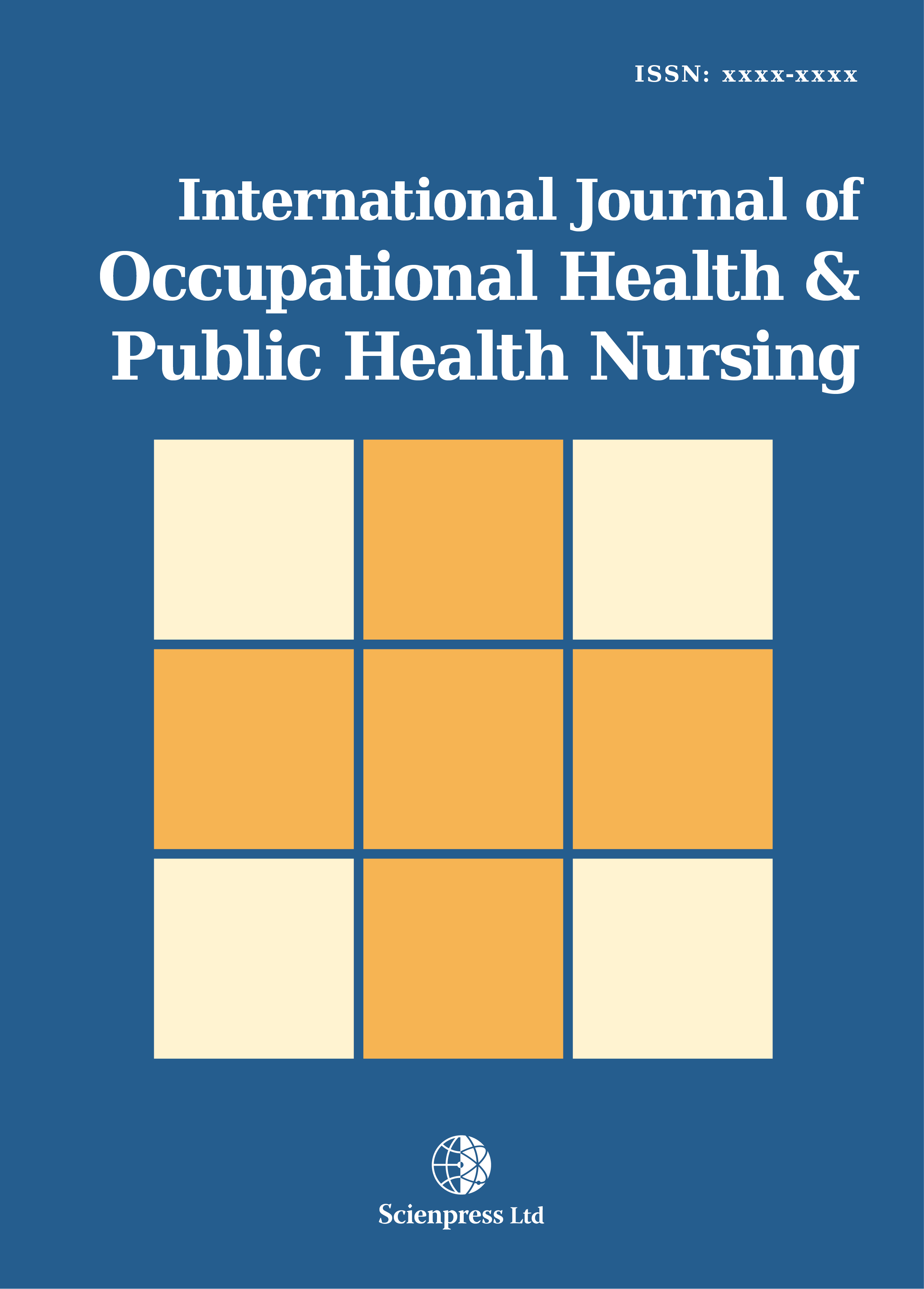International Journal Of Occupational Health and Public Health Nursing
Translation and Psychometric Properties of the Occupational Stress Questionnaire (OSQ) in a Sample of Greek Workers
-
 [ Download ]
[ Download ]
- Times downloaded: 10459
Abstract
Background: Interactions between the financial crisis in Greece and workersí occupational stress may lead to adverse health effects. The Occupational Stress Questionnaire (OSQ) is a 4-dimensions and 7-subscales tool, developed by the Finnish Institute of Occupational Health, to measure occupational stress.Objective: To translate, culturally adapt and validate OSQ in the Greek workforce, in order to measure occupational stress among employees, during the financial crisis.Methods: A standardized forward backward translation was performed. Reliability, stability, construct validity and internal consistency were evaluated in a sample of 604 employees during a 2-years study. Statistical analysis was performed using SPSS 21.0 for Windows.Results: OSQ demonstrated good acceptability, with missing items below 10% for all dimensions and subscales. Cronbach's alpha coefficients for all dimensions and the global score ranged from 0.71 to 0.89, indicating good internal consistency reliability. All dimensions demonstrated high stability in 2-weeks interval, with values of Spearmanís r above 0.73. OSQ scores were higher among single employees (p<0.01), affected by the crisis (p=0.003), with an adaptable work schedule (p=0.012), absent for more than sixteen days the current year (p<0.01) and working for their employers one to five years (p<0.01). OSQ score was significantly lower among employees working the typical forty hours per week (p<0.01).Conclusions: The Greek version of OSQ is a reliable and valid instrument, nevertheless additional items could improve subscalesí internal consistency. Employees affected by the financial crisis and employment conditions reforms are at high risk for occupational stress and further studies are needed to investigate possible adverse effects on health.
Keywords: Occupational stress, work-related stress, psychometric properties, Greece, OSQ
